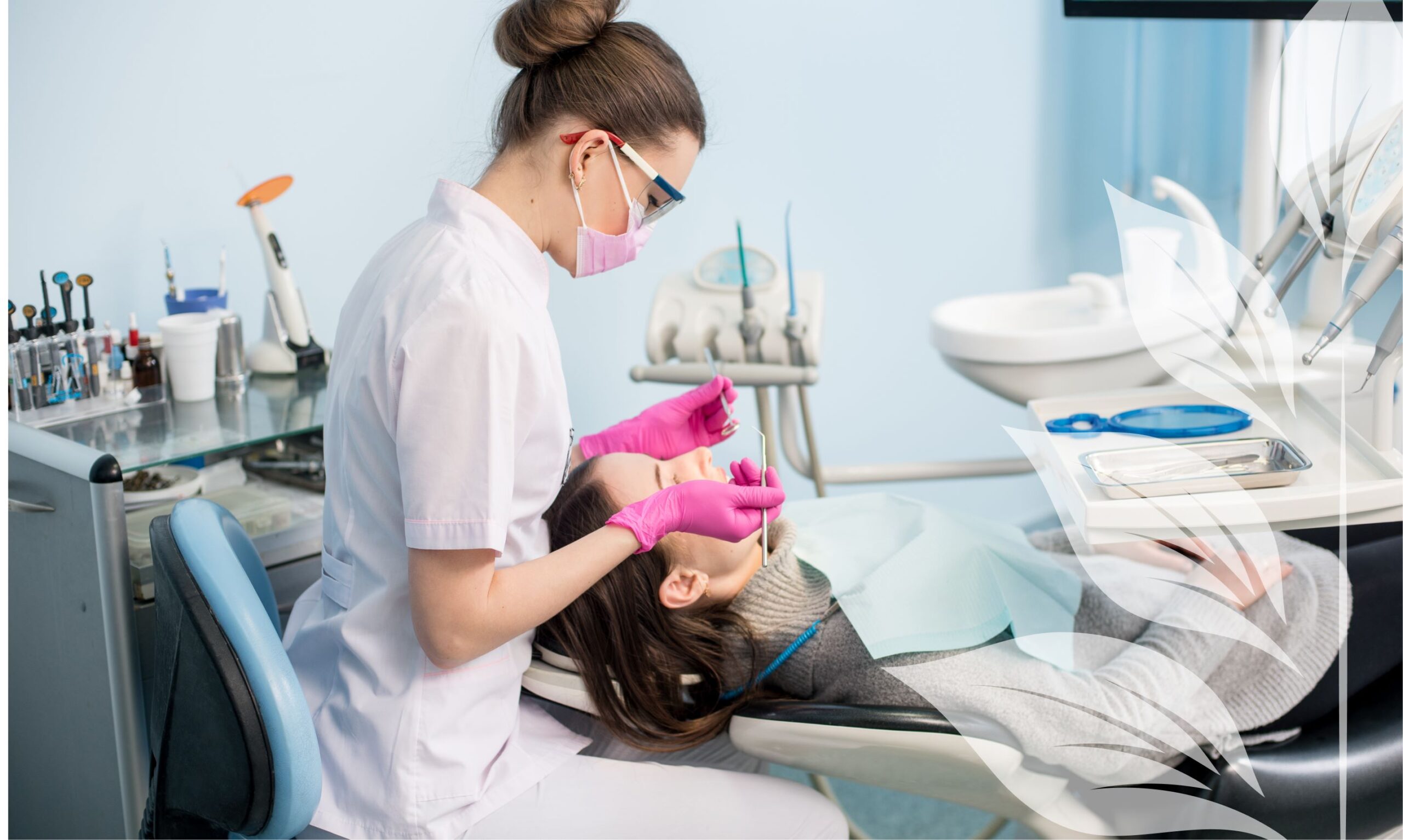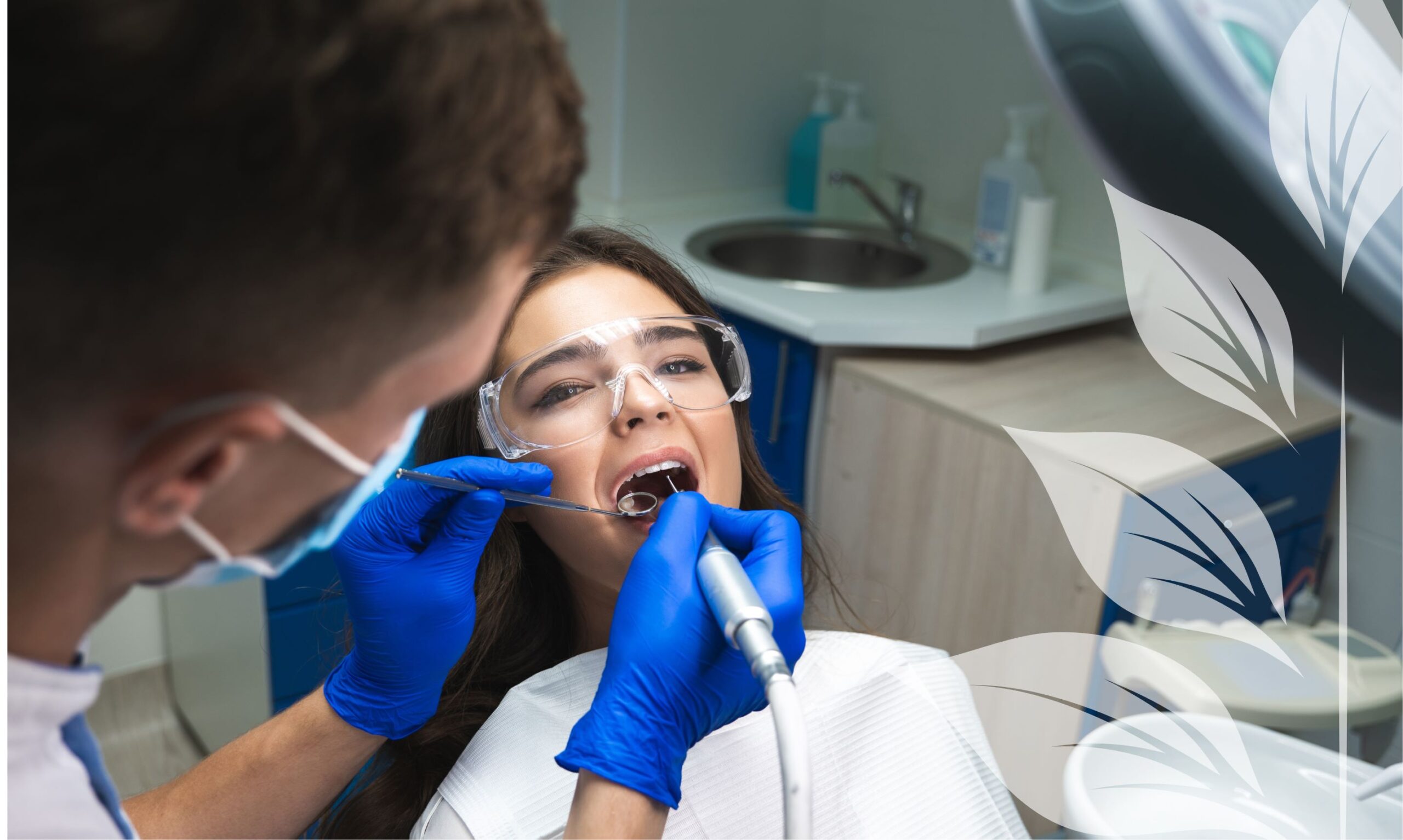Overindulging in your sweet tooth cravings can pose a problem for your oral and overall health.
A cold glass of sweet tea or a slice of Southern pecan pie can really hit the spot when you’re craving something sweet. However, indulging too often in treats with sugar can leave you battling chronic tooth decay and other health-related problems.
Some sugars come in obvious forms, such as candy and cakes, while others are hidden in unassuming products, like barbeque sauce or even low-fat yogurt. If you enjoy a fairly standard diet, chances are high that you’re consuming a lot more sugar than you might realize. Coupled with sweet tooth cravings, it isn’t a surprise that tooth decay is one of the most common oral health problems we treat at Allred Family Dentistry.
The Connection Between Sugar, Acids, and Harmful Oral Bacteria
Did you know that sugar itself isn’t exactly what causes cavities? If you’re guessing that oral bacteria have something to do with sugar, then you’re on the right track. Your mouth is home to different types of bacteria; some are beneficial, while others can wreak havoc on your oral health. Tooth decay and enamel damage actually occur not from the sugar itself, but rather from the chain of events set off when sugars are broken down in your saliva. Let’s take a closer look at this process.
Bad bacteria love to eat sugar.
Certain strains of bacteria have a hankering for sugar, and when they get access to it, trouble starts to brew. Two of these very destructive strains of oral bacteria are Streptococcus mutans and Streptococcus sobrinus. Both feed on sugar and produce acid as a result.
The acids produced by these strains of bacteria are what begin to wear away tooth enamel and cause cavities to develop. Essentially, sugar fuels the acid-producing process of bacteria, resulting in tooth decay.
Constant access to sugar results in these bad bacteria strains flourishing and reproducing, thus causing even more acid production in the mouth.
Your body has some natural defenses.
It’s difficult to entirely avoid sugar as it’s present in many nutritious, whole foods, such as fruits, vegetables, and dairy. The good news is your body has its own way of protecting teeth from the sugar-bacteria-acid process.
Your saliva actually carries important minerals, like calcium, around your mouth. Saliva washes bacteria and their acids away from tooth enamel while also remineralizing the surface. When coupled with a low-sugar diet, a great at-home dental care routine, and fluoride products, the chances of tooth decay occurring are greatly reduced.
Protect your smile and your general health from too much sugar.
In addition to potentially damaging your beautiful smile, excessive sugar consumption can also harm your general health. In addition to increasing your risk of obesity, diabetes, and other dangerous diseases, too much sugar can also lower your immune response and even cause or contribute to anxiety, stress, and depression.
Here are the three most important things to do to protect yourself from sugar.
1. Limit how much sugar you eat on a daily basis.
A one-off Friday night ice cream binge isn’t going to leave you waking up with a cavity in the morning. It’s actually your daily sugar consumption that contributes most to your oral health. Consuming a moderate amount of sugar on a daily basis is going to lead to more trouble compared to a low-sugar diet where you might indulge your sweet tooth on occasion.
Spend a week evaluating your diet and observing what foods you’re eating. You can keep a journal, write notes on your phone, use a diet app, or even take pictures of each meal or snack. This will give you an idea of how much sugar you’re really eating every day.
2. Take care of your teeth, and visit your dentist regularly.
The minimum you should do to keep your smile healthy is brush twice daily for two minutes and floss at least once a day. Be sure to use fluoride toothpaste to help remineralize your tooth enamel and aid in cavity prevention. We also recommend using a tongue scraper before brushing and finishing your routine with mouthwash.
In addition to your at-home dental care, don’t forget to visit us every six months for a checkup and cleaning. These routine appointments are paramount in catching signs of tooth decay or other trouble before it becomes a big problem.
3. See your general physician for an annual physical.
Your oral health and your overall health share a very strong connection. Poor oral health will negatively impact your general health and vice versa. For this reason, be sure to also visit your doctor for an annual physical or wellness check as often as they recommend.
You’ll notice that we often ask about your physical health, any recent illnesses or medical concerns, and changes to your medications. These factors are all important when it comes to treating your oral health.
Suspect sugar damage? Book an appointment with us today for a checkup!
If you have a toothache, suspect you might have a cavity, or it’s been over six months since your last checkup, the Allred Family Dentistry team is here to help. One of our amazing dentists will evaluate your current oral health, create any necessary treatment plans you might need, and help with future cavity prevention.
All you need to do is call our Griffin or Hampton office to schedule an appointment. You can also fill out this online form for booking when our offices are closed.





